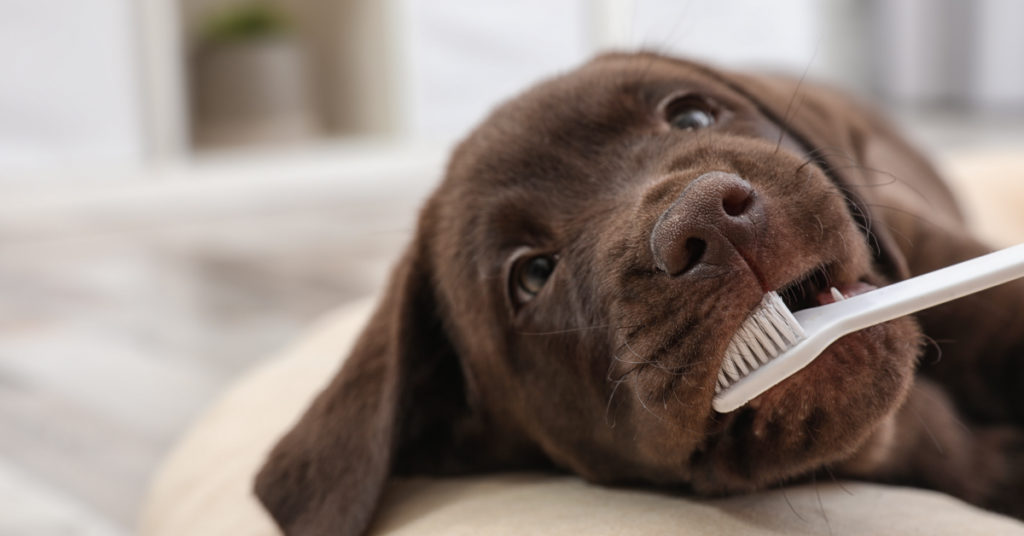
You might find this surprising, but your pets can have many similar dental problems as humans. They too can develop gum disease and tooth decay. The sad part is, that they cannot do much about it on their own.
Below are some fascinating facts about our pet’s oral health that can help us take care of them better.
Pups will develop – then lose – their baby teeth
Generally, dogs have their full set of adult teeth by six to seven months old. It would be a good idea to consult with your vet about safe teething toys for your pups.
Bad breath isn’t normal for dogs and cats
If you have noticed foul mouth odors from your dog or cat, it can signify early – and painful – dental issues like gum disease or gingivitis.
Gum disease is very common among cats and dogs, since sadly, many owners do not brush their pet’s teeth. By the time they are three years of age, about 80 percent of dogs and 70 percent of cats are already showing signs of dental issues.
The incisors of rabbits and hamsters do not stop growing
Did you know that rabbit teeth can grow up to three inches per year?
Rabbits and hamsters chew on wooden toys and eat fibrous foods to keep their teeth manageably short.
Ferrets typically chip or break their fangs by chewing on hard things
Ferrets absolutely love chewing on wire cages, and at times chip or break their teeth in the process. If this happens, take your pet to the vet right away to prevent infection.
Amazingly, ferrets have forty teeth! That is eight more than us!
Pro tips:
- It is best to always get approved treatments. A good resource would be the Veterinary Council of Oral Health, an organization that authorizes the effectiveness and safety of oral health treatments for pets. Be sure to look for their seal of approval on things like oral chews or toothpaste to ensure that they are effective for your pet!
- Talk to your vet. He or she can let you know if your pet is in need of professional cleaning or at-home treatments.
In most species, a change in appetite or bad breath can be signs of oral health issues, so if you notice anything unusual, be sure to bring your pet to the veterinarian for a complete checkup.
As always, preventive care is the best way to prevent gum disease and tooth decay, so take care of your pet’s oral health to keep them healthy and happy!
